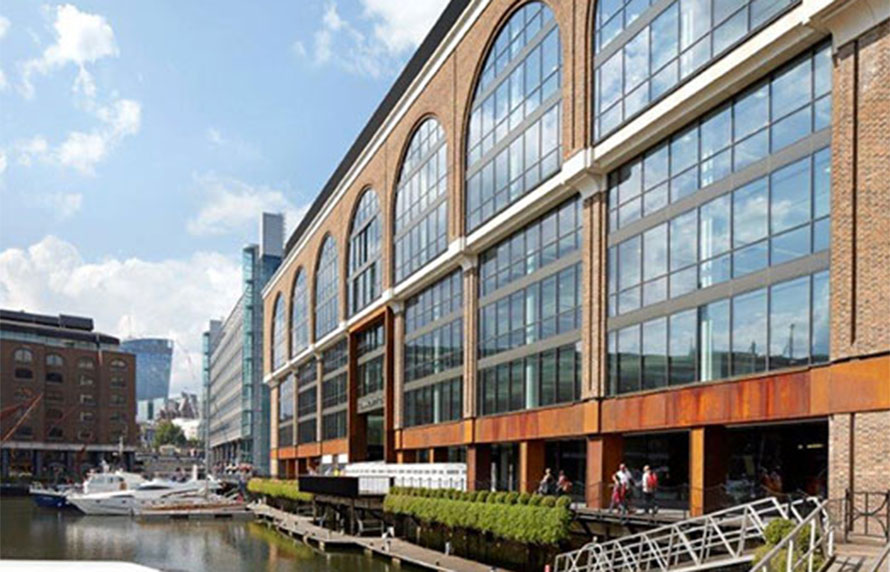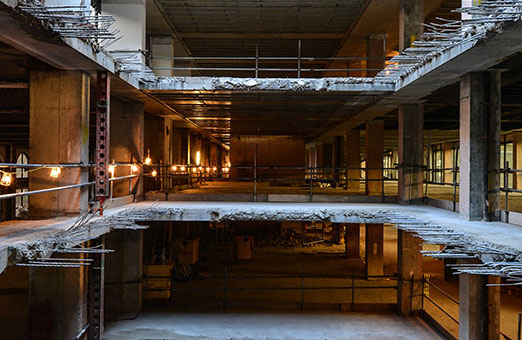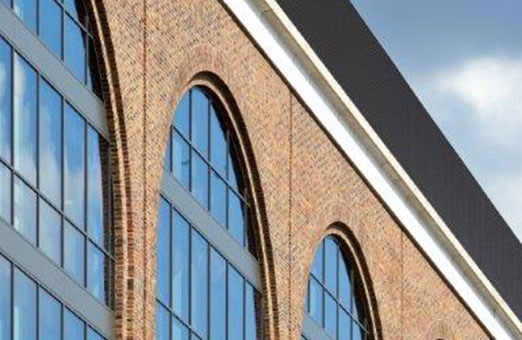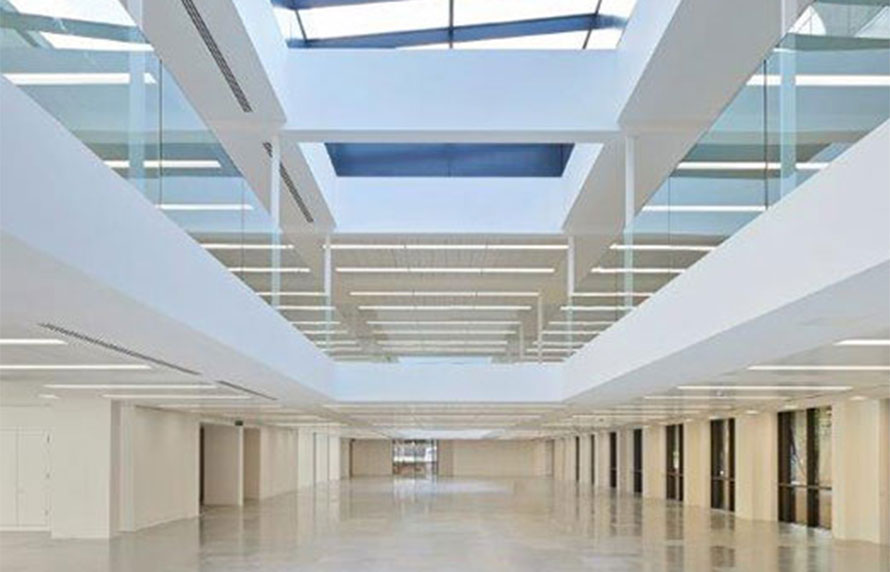Ground investigation and geotechnical advice for re-use of piled foundation



Commodity Quay is located on the site of a 10th Century settlement. The settlement was demolished in 1825 for the construction of St Katharine Docks and its associated warehouses, designed by Thomas Telford and built by 1828. The site was redeveloped in 1987 with the existing Commodity Quay building, consisting of two interconnected structures comprising a seven-storey reinforced concrete framed building and a four-storey steel framed building with a double level basement. The existing building is supported on piled foundations.
In 2012, it was proposed to convert some of the office space on the lower levels into a health club with a swimming pool and this involved some additional structural loads. The preferred method was to support the additional loads on the existing piles.
GEA was commissioned by Heyne Tillett Steel to undertake a 30 m deep cable percussion borehole to confirm the ground conditions. This borehole was undertaken using a low headroom cable percussion rig, inside the existing building at lower basement level. Copies of previous boreholes undertaken at the site in 1984 were also available from the BGS borehole records.
Archive ‘as built’ drawings and pile records indicated that the existing buildings are supported on a combination of straight-shafted and under-reamed piles. Information was also available on the original pile design capacities and current load carried by each pile and GEA were able to back-analyse, using the information obtained from our borehole to confirm the estimated capacity of each installed pile, along with determining if there was any spare capacity in the piles.

Buckley Gray Yeoman
Heyne Tillett Steel
Prestbury
London E1
Workplace / Leisure

Steve Branch
Managing Director
Desk study
Ground investigation in restricted access
Interpretive geotechnical reporting
Foundation analysis
Contact Us